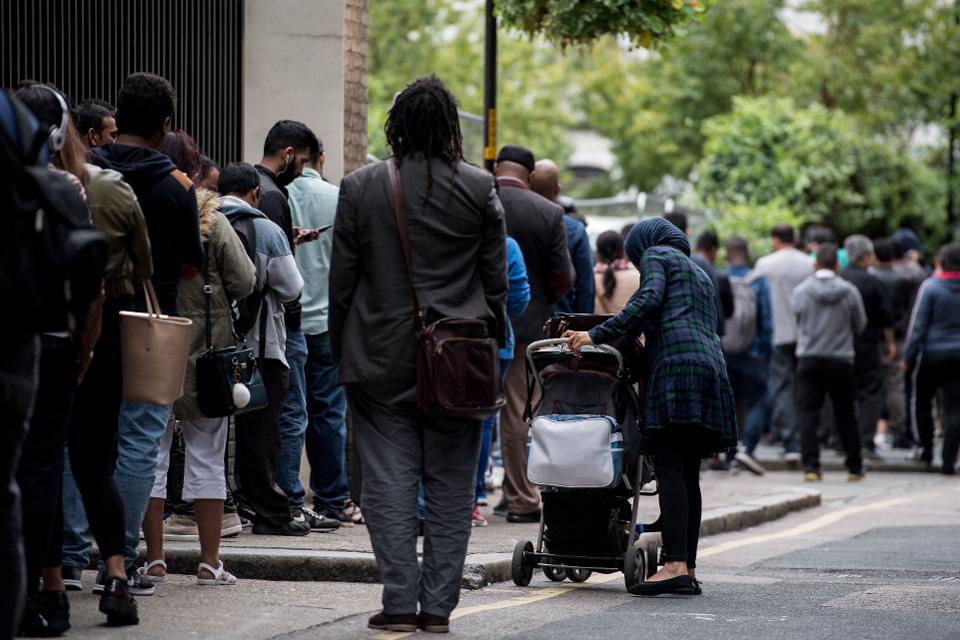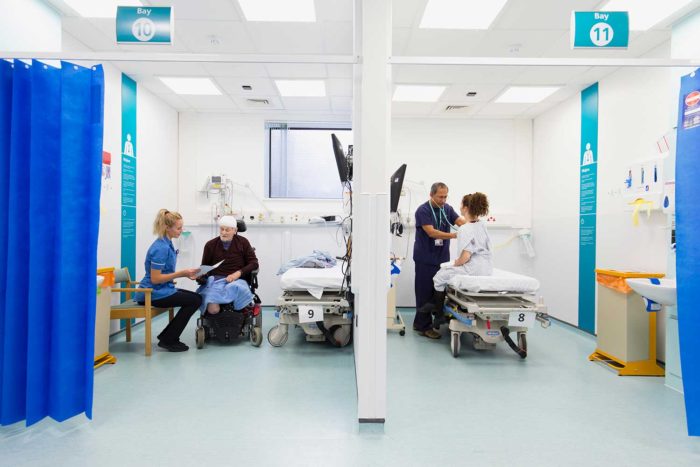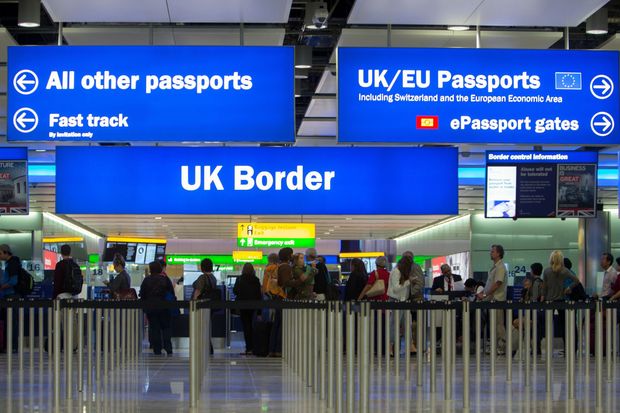When a person fleeing persecution arrives in the UK, the initial emotional relief is soon cast aside by the harsh realities of the asylum process. Not only is the financial assistance offered by the government barely enough to cover food and other basics, but the housing provided is often substandard and overcrowded. Medical care can be hard to access; Hostile Environment policies mean that many asylum seekers are too afraid to seek treatment. In the midst of the COVID-19 pandemic, this concoction of issues places a group- already deeply marginalised- in a hugely precarious and vulnerable position.
At just £37.75 per person per week, the allowance provided to asylum seekers is not enough for an adequate standard of living. A Scottish Refugee Council study found that a number of asylum seekers struggle to afford items such as clothes and toiletries. Even in normal times, the inability to afford essentials places a person in a deeply fragile position. In the midst of a global pandemic, the danger it poses is enormous with people making decisions between eating and keeping safe.
We know that a healthy diet is part of what can help fend off illnesses. The poorer our diet, the more likely we are to pick up infections. At a time when COVID-19 is growing in scale, it is all the more important that asylum seekers are given the help they need to feed themselves properly, not least to boost their first line of defence. This is exactly the time when the government should be investing in the health of the most vulnerable by increasing financial assistance to them. It could of course be counter-argued that increasing the level of support would be a detriment to the economy at a time of national crisis. However, our collective fight against Coronavirus will only work if all people receive an equal level of protection.

Poor diet is not the only issue putting the physical health of asylum seekers at risk. Many are being forced to live in accommodation which is not fit for purpose. The government’s provision of housing is riddled with issues such as damp, mould and poor ventilation. As Coronavirus is a respiratory disease, living in these conditions places an individual at increased risk.
The government’s official COVID-19 guidance states that ‘all shared spaces should be well-ventilated’, yet much of the housing provided to asylum seekers directly contravenes this advice. An investigation by the ICIBI found that on one occasion, damp and poor ventilation had caused the ill-health of a child. With these issues in mind, flawed housing support leaves our most vulnerable brutally exposed to COVID-19 and its impact.
Some are also housed inappropriately. Young people who’ve experienced high levels of trauma are being placed with older men with alcohol and drug abuse problems. Instances of overcrowding are not uncommon. This presents particular challenges during the COVID-19 crisis as it makes social-distancing difficult, if not at times impossible. Adhering to social distancing rules is key to limiting the transmission of infection. Overcrowded housing also means that asylum seekers are unable to follow government advice.

Asylum support accommodation is subject to the same law and regulation in relation to overcrowding, health and safety, houses in multiple occupation as any other accommodation. The government needs to ensure the rules are upheld so that an already difficult situation is not made worse. Many are now having to rely on friends to provide a roof over their heads but this is rarely a long-term solution and makes isolating safely nearly impossible.
These concerns simply compound those faced by asylum seekers when it comes to healthcare. With the weekly subsistence rate failing to provide the essentials, the cost of prescriptions in England places vital medication out of reach. Added to this, the cost of booking an appointment over the phone, or getting to an appointment on public transport, is unaffordable to those living on £37.75 per week.
Many asylum seekers are too afraid to access healthcare due to the fear of detention or deportation. The ‘Hostile Environment’ introduced data-sharing between the NHS and Home Office, meaning that undocumented immigrants can have their details passed on to immigration enforcement. Whilst the government have said that COVID-19 treatment will not necessitate revealing one’s immigration status, this information needs to be communicated effectively to those seeking asylum. Although some may argue that free healthcare should be reserved for British citizens, this would leave considerable numbers of people exposed to COVID-19 at a time when everything must be done to limit the spread of infection.

All this comes during a Coronavirus crisis when keeping healthy could not be more important. Better and more easily available language support would help. There are also calls for healthcare staff to have better training and for the Home Office to ensure people get the right information, particularly about their entitlements. There’s a need for change at the policy and legislation level so that access to healthcare is protected by clear separation from immigration enforcement.
The Coronavirus pandemic may have made us sit up and think, but it has not in any way been a leveller in society. At least not yet. What it has done is put additional strain on those like asylum seekers who were already some of the most vulnerable amongst us. Home Secretary Priti Patel will finally appear before a select committee this week, after a long period of noticeable absence. It is of paramount importance to take this chance to ensure asylum seekers are protected.
Peter Markham is a content writer for the Immigration Advice Service, an organisation of immigration lawyers.


